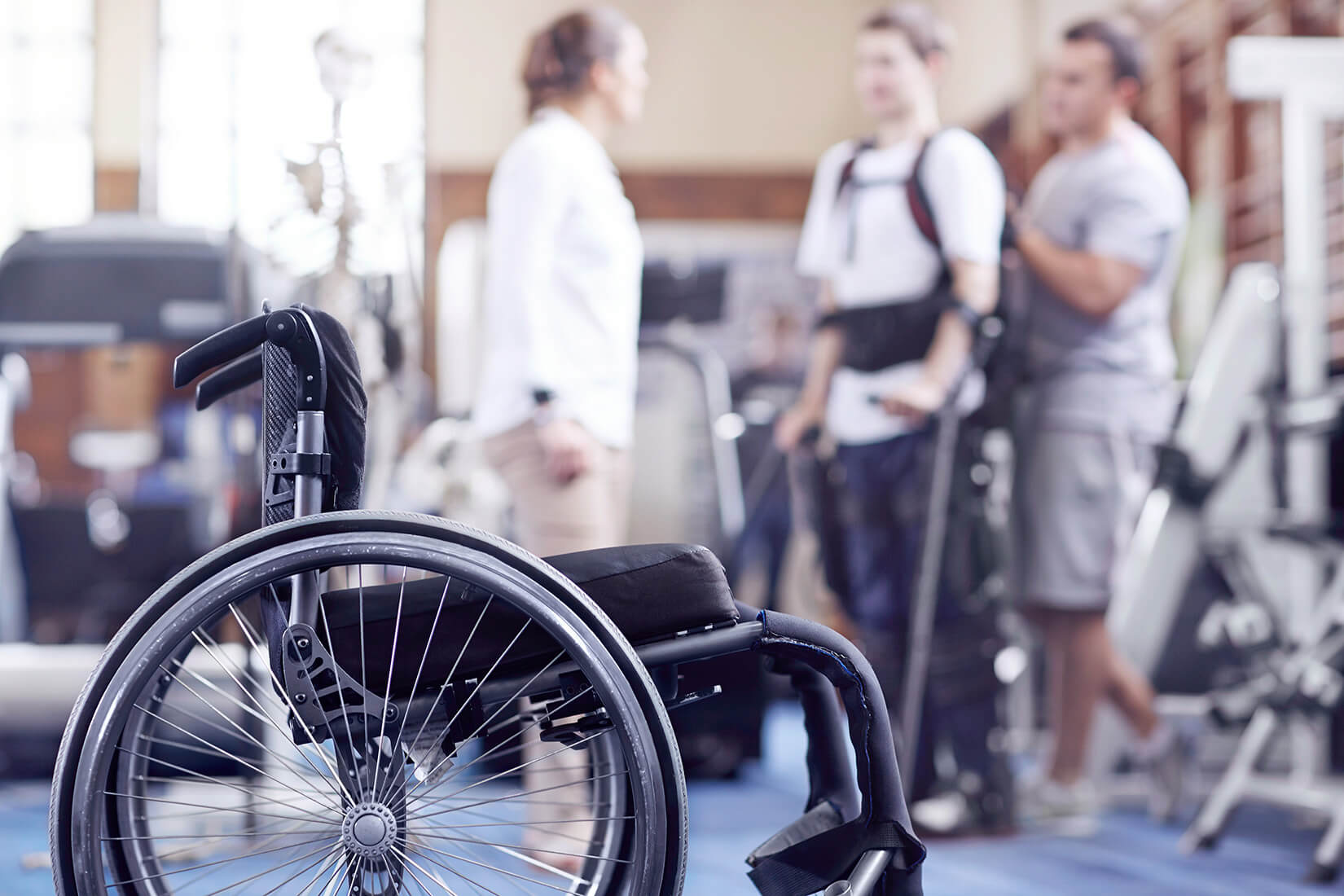As of 2021, the NSCISC estimates that approximately 296,000 individuals in the U.S. live with a spinal cord injury. Navigating the complexities of spinal cord injuries can be daunting, especially when they can leave life-altering injuries. This leaves many wondering who, if anyone, can help provide relief and rehabilitation. Many turn to physical therapy for this relief, but is it the right choice for you? In this blog, we delve into the various facets of spinal cord injuries, from their nature to the role of physical therapy in the healing process.
These injuries are serious and often require a multidisciplinary approach to management and recovery. Denver Total PT offers a full range of services, including physical therapy, dry needling, and sports rehabilitation. We understand the complexities of treating such injuries and tailor our programs to meet the unique needs of each patient.
Understanding Spinal Cord Injuries
Spinal cord injuries are serious medical conditions that result from trauma to the spinal cord, disrupting the communication between the brain and the body. Depending on the location and severity of the injury, symptoms can range from mild sensory changes to complete paralysis. Medical interventions such as surgery and medications are often necessary to stabilize the patient and minimize further damage but rarely are enough for patients to make a full recovery. As of 2023, a complete recovery of the severed nerves is not yet possible with current technology.
The Role of Physical Therapy
Thus, while it may not ‘cure’ a spinal cord injury in the traditional sense, physical therapy plays a critical role in the rehabilitation process. Physical therapists design individualized programs to help patients regain as much mobility as possible, improve strength and flexibility, and manage pain.
However, it should be noted that evidence to support the use of physical therapy in helping spinal cord injuries is rather limited. While there is a general sentiment that physical therapy helps and referrals of physical therapy by doctors treating these injuries, there is a lack of research on the subject. Nevertheless, many do report improvements in pain management and mobility following physical therapy, making such research inevitable.
Exercises typically center on these core tenets:
Maximizing Physical Abilities
Physical therapy plays a fundamental role in maximizing the physical abilities of patients living with spinal cord injuries. A dedicated physical therapist develops a personalized program for each patient, taking into account their individual strengths, weaknesses, and specific goals. This program focuses on improving overall strength, flexibility, balance, and endurance.
In terms of strength, therapists use targeted exercises to help patients optimize the use of unaffected muscles. These exercises can compensate for the loss of function in other areas. Additionally, flexibility training helps patients maintain a range of motion and prevents joint stiffness — a common complication after a spinal cord injury.
Balance training aids in stability and prevents falls, which is particularly important for patients with partial mobility. Endurance exercises help enhance cardiovascular health and stamina, enabling patients to carry out activities for extended periods without getting overly fatigued.
Pain Management
Managing pain is a vital aspect of living with a spinal cord injury. Chronic pain often results from nerve damage associated with the injury and can severely impact a patient’s quality of life. Physical therapy can significantly help with pain management.
A physical therapist may use various therapeutic exercises to help reduce pain, including stretching routines, low-impact aerobics, and other specific pain-relief exercises. Additionally, techniques such as heat and cold therapy, massage, and transcutaneous electrical nerve stimulation (TENS) may also be employed or advised by physical therapists. In some cases, therapists may also incorporate mind-body techniques, such as mindfulness and breathing exercises, to help patients better manage their pain perception.
Reintegration into Daily Activities
Reintegrating into daily activities is a significant part of the rehabilitation process following a spinal cord injury. This often involves learning new ways to perform everyday tasks, from personal hygiene and dressing to cooking and cleaning.
Physical therapists work closely with patients to understand their home environments and tailor the training process accordingly. For example, they may teach techniques to safely transfer from a wheelchair to a bed, toilet, or car. They may also suggest modifications to the home to make it more accessible and easier to navigate.
Additionally, physical therapists often use task-oriented training, a method that involves breaking down complex tasks into simpler, more manageable parts. This approach not only helps patients relearn essential daily tasks but also boosts their confidence and fosters a sense of independence.
Preventive Measures
Preventing complications related to spinal cord injuries is another crucial area where physical therapy plays an essential role. By actively managing risks and addressing potential issues early, physical therapy can help maintain overall health and enhance the quality of life for patients.
One common complication of spinal cord injury is the development of pressure sores due to prolonged pressure on the skin. Physical therapists help educate patients on the importance of regular movement and position changes to relieve pressure and promote blood flow. They also provide advice on using specialized cushions or mattresses and on maintaining skin hygiene and health.
Physical Therapy, Some Relief For Spinal Cord Injuries
While physical therapy may not provide a complete cure for spinal cord injuries, its role in enhancing patients’ functional abilities, encouraging independence, and fostering a positive mental state is indispensable.
Physical therapy, including the range of services offered by Denver Total PT, greatly contributes to improving the overall quality of life for those living with spinal cord injuries, making it a cornerstone in the journey toward adaptation, resilience, and recovery. Denver Total PT is dedicated to this journey, providing quality and full-service physical therapy services to Denver residents and offering hope for a brighter, more independent future. If you need relief, please call us today.




